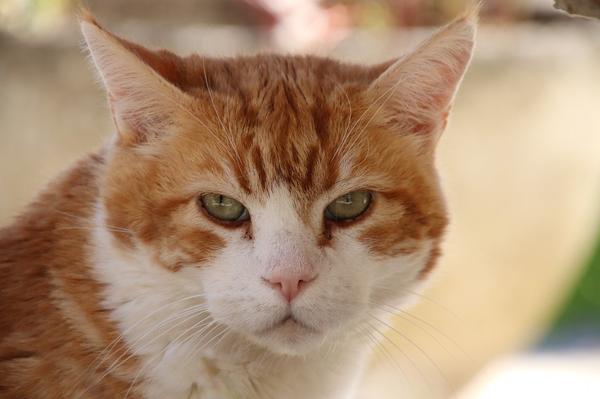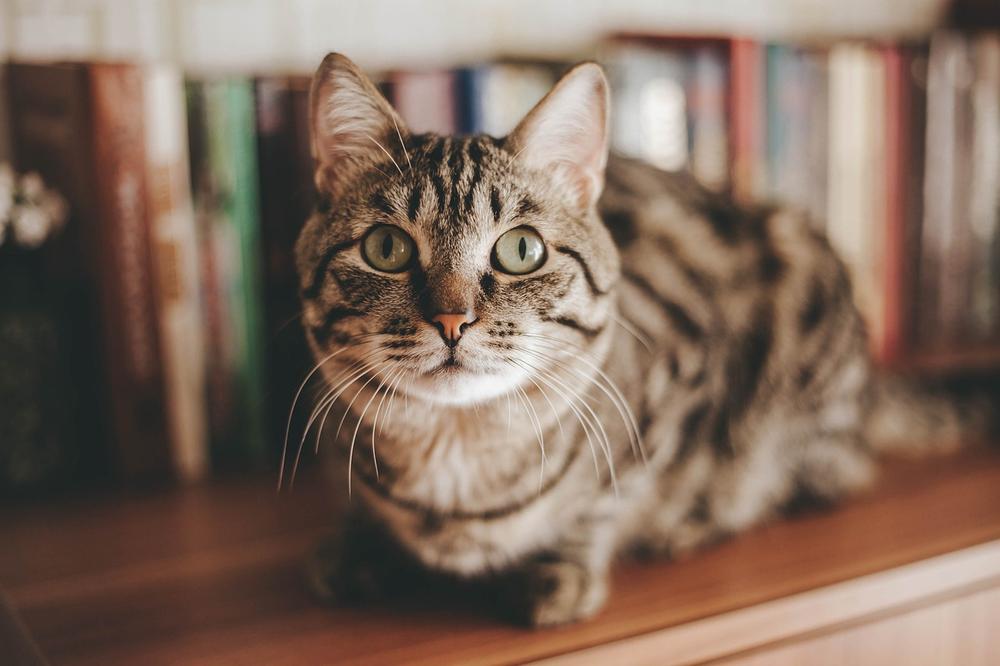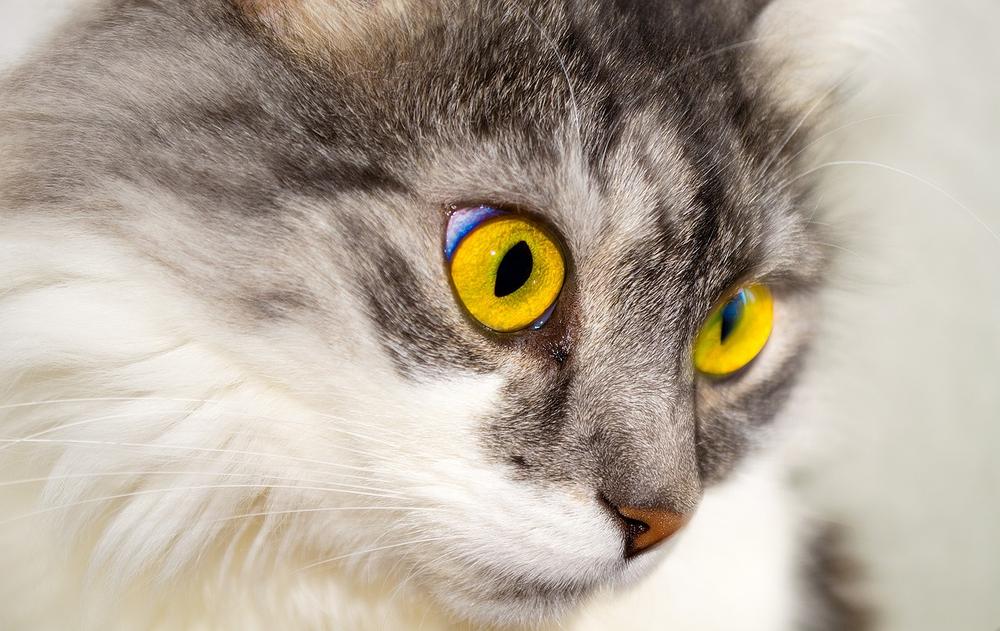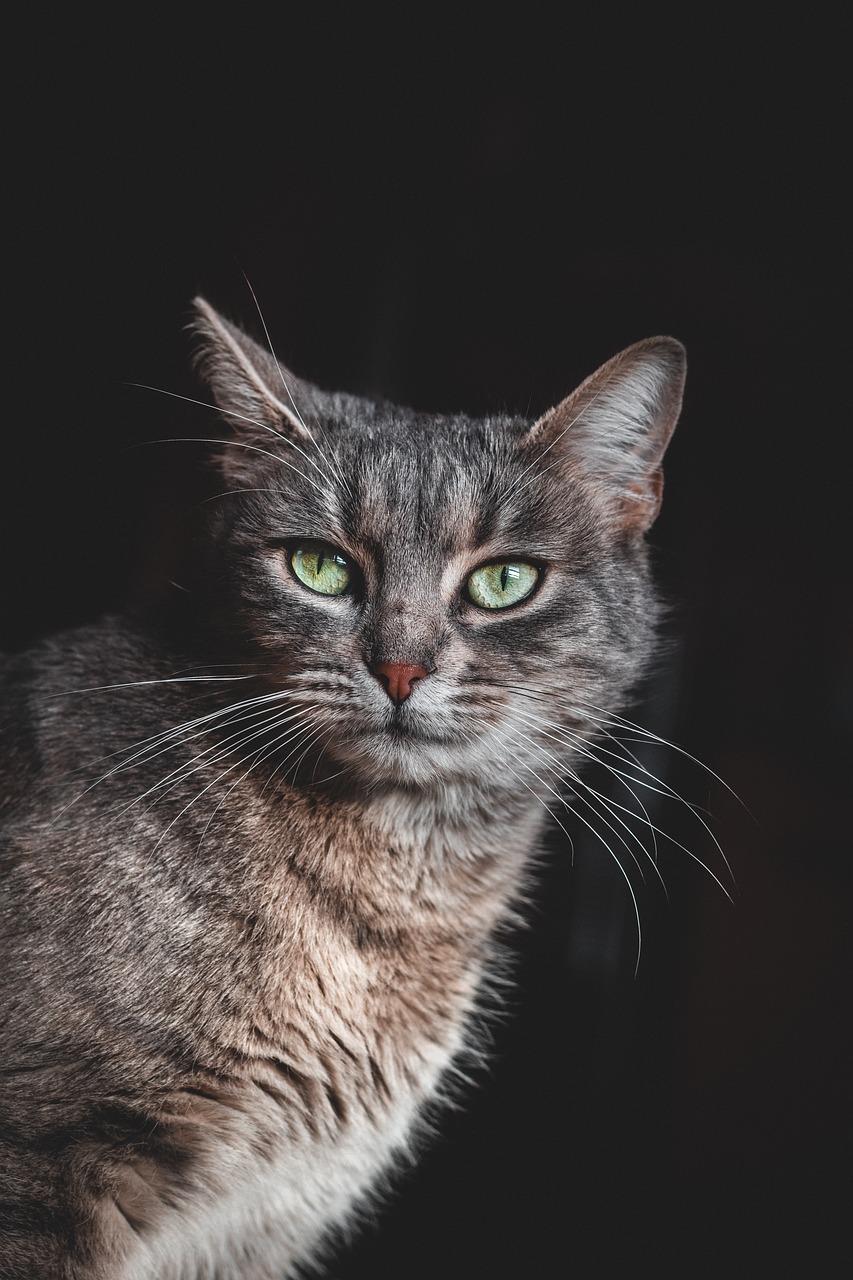Can Cats Eat Sage? Is Sage Poisonous to Cats?

Worried sick about your feline friend's wellbeing?
Wondering whether sage is a safe munch for your meowing companion? 🐱
I feel ya.
We all want to ensure our whiskered wonders stay in purrfect health.
You're not alone in asking yourself, "Can cats eat sage?"
I mean, who wants a spicy surprise on their paws?
Well, fear not, because we're about to dig deep and uncover the truth.
So, hold on tight, my fellow feline enthusiasts, and let's embark on this sage-filled adventure together.
Can Cats Eat Sage?
While cats can consume sage in moderation, excessive consumption can lead to central nervous system issues. It's best to offer small amounts of fresh or dried sage as a treat or sprinkle powdered sage over their food. However, too much sage can cause tummy upset, so limit access and consult a veterinarian if any discomfort occurs.
Cats can consume sage, but you should exercise caution and give it to them in moderation.
You want to be mindful of the fact that excessive consumption of sage by cats can lead to physiological issues related to their central nervous system.
It's best for cats to enjoy sage in small amounts, similar to how they would with catnip.
You have the option of offering your furry friend both fresh and dried sage leaves.
They can nibble on them as a treat or even have powdered sage sprinkled over their food.
However, you have to note that cats lack the liver enzymes necessary to break down certain compounds found in sage oil, which could result in toxicity if consumed excessively.
While a meat-based diet is ideal for cats' in essence health, it doesn't mean that sage should be completely avoided. There are some cat foods and treats available that contain sage as an ingredient. Nevertheless, you should remember that too much sage can cause tummy upset, leading to unwanted consequences like vomiting and diarrhea for your cat.
We clearly wouldn't want any of these issues for our beloved feline friends, right?

There have been instances, although it's uncertain if this applies to pet cats, where consuming large quantities of sage has caused problems with the central nervous system.
Therefore, in case your fur baby experiences any discomfort after munching on sage, or if something seems off, don't hesitate to reach out to your veterinarian.
To be on the safe side with sage, limit access to sage plants and provide it in small portions.
This is especially true when it comes to white sage, which is sometimes used in smudging rituals.
While there isn't evidence of any benefits from feeding cats white sage, a small taste shouldn't pose significant harm.
Cats are naturally curious creatures and may experiment with different things.
However, always remember that keeping sage consumption to a minimum will help ensure your kitty's stomach remains calm and happy.
Main points I'll expand upon further down this article:
- Sage is not the best herb choice for cats.
- Basil, dill, catmint, parsley, and rosemary are safe alternatives.
- Russian sage can help firm a cat's stool in small amounts.
- There is no scientific evidence supporting benefits of sage for cats.
- Medicating cats with fresh sage offers no medicinal advantages.
- Cats can consume small amounts of pineapple sage.
- Cats should be kept away from sage essential oils and burning sage.
- The smoke emitted from burning sage can harm cats' respiratory systems.
- Sage essential oils can be potentially toxic if ingested by cats.
- Cats are attracted to sage due to flavor, texture, and chemical effects.
Now, you might be wondering how sage stacks up against other herbs for cats.
Is there a better alternative that offers more benefits?
Well, let's explore the options and find out which herbs are safe and beneficial for your furry friend...
Sage: Understanding Its Benefits for Cats
Is it safe for your cat to consume sage?
Well, let me tell you - there's no scientific evidence that suggests any benefits of sage for our feline friends.
So, don't expect any magical powers from this herb.
Fresh sage won't do your cat any favors either, whether you're considering it for flavor or medicinal purposes.
It simply isn't recommended.
But hold on, I have more information for you!
If you want a safe herb for your furry companion, there are better options out there. Choose from basil, dill, catmint, parsley, and rosemary instead.
These herbs won't pose any harm to your beloved cat.
However, here's an exception:

Russian sage.
In small amounts, it can actually help firm up your cat's stool. This is fantastic news if your little buddy struggles with digestion issues.
So when it comes to sage, Russian sage is the way to go.
While humans have been enjoying the benefits of sage for centuries, our cats sadly don't reap the same rewards.
So, keep that sage out of their paws!
Instead, stick to those cat-friendly herbs that will contribute to their well-being.
By choosing the right herbs, you can ensure that your cat stays happy and healthy without sacrificing their desire for delicious flavors.
So, say no to sage for cats! 😺
And for those of you who might be wondering about other herbs that are safe for your beloved cat, you may want to check out my article, Can Cats Eat Oregano.
I highly recommend taking a look if you're curious, concerned, or just cautious about the potential risks and benefits of oregano for your feline friend.
It's always important to stay informed and prioritize our furry companions' wellbeing.
Can Cats Eat Pineapple Sage?
Pineapple sage can be included in your feline's diet, just like other types of sage.
However, you should offer this herb to your cats sparingly.
Moderation is key for feeding pineapple sage to your furry friends.
Cats, when given the opportunity, can consume small quantities of pineapple sage without any issues.
Is Sage Incense Bad for Cats?
Can burning sage or using sage incense harm cats?
Let's find out!
Burning sage or using sage incense in your home may seem appealing, but you ought to know that cats and sage don't mix well.
Here's why:
- Cats can have respiratory issues: The smoke from burning sage can irritate their respiratory systems, leading to coughing and choking. This is especially true for cats with existing conditions like asthma.
- Sage essential oils are toxic to cats: Cats cannot break down the compounds found in sage essential oils. If they ingest these oils, it can be toxic for them since their bodies lack the necessary enzymes to metabolize the chemicals.
So, what can you do to keep your cat safe?
- Avoid burning sage: It's best to steer clear of burning sage or using sage incense if you have cats at home. By doing so, you'll prevent any potential harm to their respiratory health.
- Create a sage-free zone: Make sure to designate an area where cats are not allowed when using sage products. This will protect them from being exposed to the harmful effects of sage.
While small amounts of fresh or dried sage might not cause a problem, it's always better to be cautious when it comes to cats and sage incense.
Your priority should always be keeping your furry friends' health intact! 💨
But what about the reasons behind cats' affinity for sage?
Why are some cats attracted to this herb while others aren't?
Let's delve deeper into the fascinating connection between cats and sage consumption...
Cats' Attraction to Scents: Sage and Beyond
Consider these 7 points to understand why cats are attracted to scents like sage:
- Cats might really like the taste and feel of sage.
- Sage has this thing called nepetalactone that can make cats feel all happy and euphoric.
- Both sage and catnip have nepetalactone, so they both have that certain something that catches a cat's attention.
- But not every single cat is into the smell of sage, you know? They're picky creatures.
- A few cat treats actually have a teeny bit of sage in them, which explains why cats find them interesting.
- Sometimes cats eat sage because it kind of mimics what grass does for their tummies.
- Eating sage can help with digestion or even induce vomiting for our fuzzy little friends.
But remember, each cat is different. So watch how your furry buddy reacts to different smells and adjust things accordingly.

And that's not all, my furry friend! If you're curious about other herbs that may stir your cat's interest, like basil, I've got you covered.
Discover more about the potential risks and benefits of cats consuming basil in my article, Can Cats Eat Basil.
It's an essential read for any cat owner who wants to ensure their feline's safety and well-being.
So why not give it a click and satisfy your curiosity?
And that wraps up today's article.
If you wish to read more of my useful articles, I recommend you check out some of these: Can Cats Eat Fennel, Can Cats Eat Spearmint, Can Cats Eat Strawberry, Can Cats Eat Pistachios, and Can Cats Eat Oysters
Talk soon,
-Sarah Davis